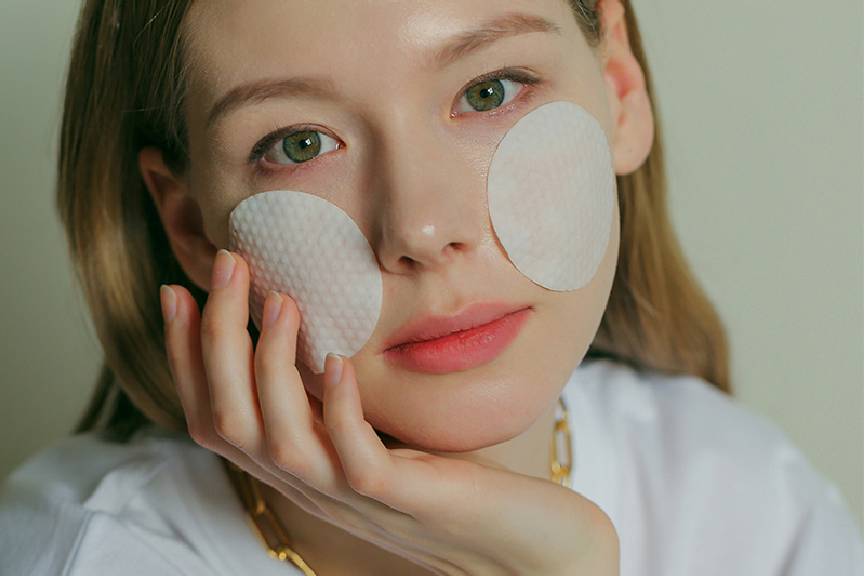Sleeping is one of the many essential things in life. Is there a proper way to go about doing it?
There are numerous hidden techniques that you may not know about. As students, we are very dependent on sleep as it directly impacts our social and academic lives.
MEET THE EXPERTS
Dr Kenny Pang is an established professional in this part of the field. On top of being a Snoring, Sinus & ENT Specialist and an Otorhinolaryngologist, he is also a founder of the ASEAN Sleep Surgical Society and International Surgical Sleep Society. He has been invited to be a Keynote speaker in many conferences and is a respected member in this area of expertise.
In a recent interview with Dr Pang, many questions were asked on how we could better improve our sleep. He first explained that there was indeed an ideal position for us to sleep. Certain positions may even cause sleep apnea; a potentially serious sleep disorder in which breathing repeatedly stops and starts. Dr Pang said: “Yes, sleeping on one’s side is the best. Sleeping on the back would cause the tongue to fall backwards and obstruct the airway, hence, causing sleep apnea.”
Dr Kenny Pang, a ear, nose & throat specialist in Asia Sleep Centre (PHOTO: Drkennypang.com)
He adds that: “In general, as mentioned, sleeping on the back might cause upper airway obstruction (because of the tongue), hence, low oxygen at night and poorer sleep quality. This condition is called obstructive sleep apnea.”
There are also sleeping habits that can have direct impacts on common conditions like snoring or sinus: “Sinus problems can lead to nose blocked and congestion, this leads to mouth breathing. Snoring itself is a symptom of obstructive sleep apnea (OSA), which is due to excessive oral cavity tissue in one’s mouth. OSA can lead to low oxygen at night, choking and gasping at night, poor sleep quality, excessive tiredness during the day, poor memory, poor concentration , poor focus, irritability, lethargy, brain fog,” said Dr Pang.
According to his past research, many students suffer from insomnia and they do not know when to go and seek medical help. Dr Pang suggests that if you are feeling excessively tired and stressed during the day and cannot function properly, that is a good time to see a doctor.
Miss Bernice Lim featured on Channel 8’s Morning Express (PHOTO: Morning Express)
Following the insights of Dr Pang, Ms Bernice Lim, Founder and Principal Psychologist (Registered, SPS) M.A. (Applied Psychology) Asia Psychology Centre also has great advice for students regarding sleep.
Getting optimal sleep is also not just about the physical aspect. The mental aspect of sleep also plays an important role in getting good quality rest. Ms Lim explained that students with lack of sleep due to psychological issues could display symptoms like “irritability, low mood, lethargy and lack of concentration in classes.”
It is a known fact that students should get at least eight to 10 hours of sleep a day. However, there should still be a balance between the hectic schedules of social and academic life. So what’s the secret to getting quality rest? “It is hygiene” says Ms Lim. “Poor sleep hygiene is a common cause of inadequate rest; practicing good sleep practices thus mitigates risks of poor sleep quality/inadequate hours of sleep,” she added.
Most students are guilty of oversleeping. We tend to sleep in to compensate for the lack of sleep and this makes us susceptible to making a habit out of it. Ms Lim explains: “Since mood-related issues are also highly correlated with sleep issues – one needs to consider if they have also been experiencing mood changes, together with the need to oversleep. While sleeping-in can help with sleep debt, students are at risk of a perpetuating cycle of poor sleep – having little sleep and compensating with extra hours of sleep. Having a consistent sleep routine (keeping regular sleep hours and an appropriate number of hours of sleep) is recommended instead.”
A little advice from Ms Lim for those who struggle to sleep because of issues related to mental health: “Practise and prioritise self-care, which includes being aware of daily stressors, and being able to draw boundaries when experiencing recurring stressors. Committing to a healthy, daily routine (including healthy eating habits, and exercise) can also help those suffering from mental illnesses.”
Sleeping is the first step to success. Having enough sleep will enable you to reach your fullest potential both mentally and physically so that you can conquer the day and rest after the victory at night.
Catch Dr Kenny Pang and Ms Bernice Lim on MeWATCH: Let’s Talk About Health – Ep 4 Sleeping Beauties.






